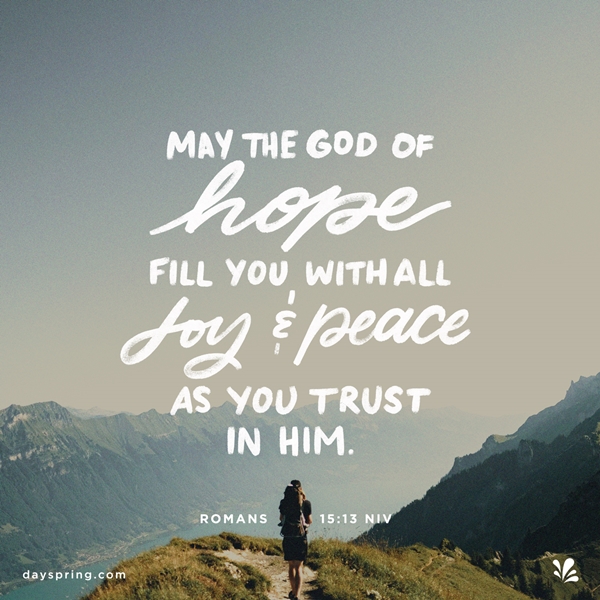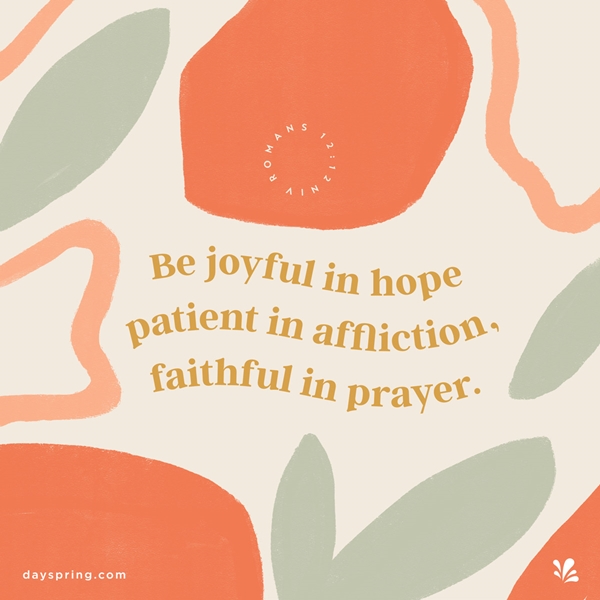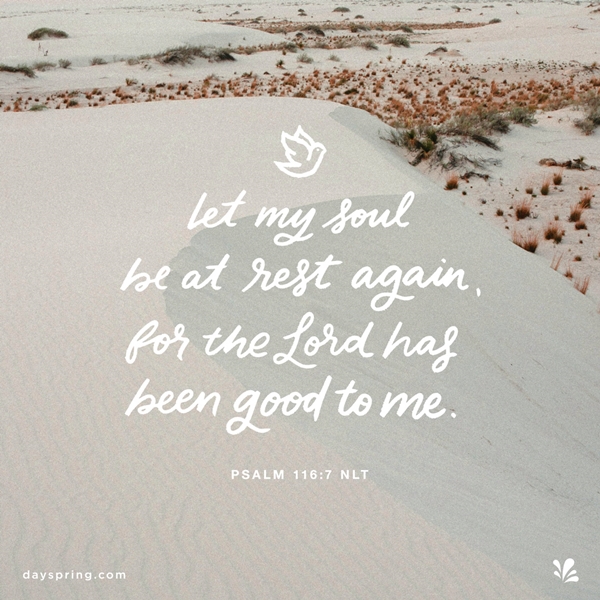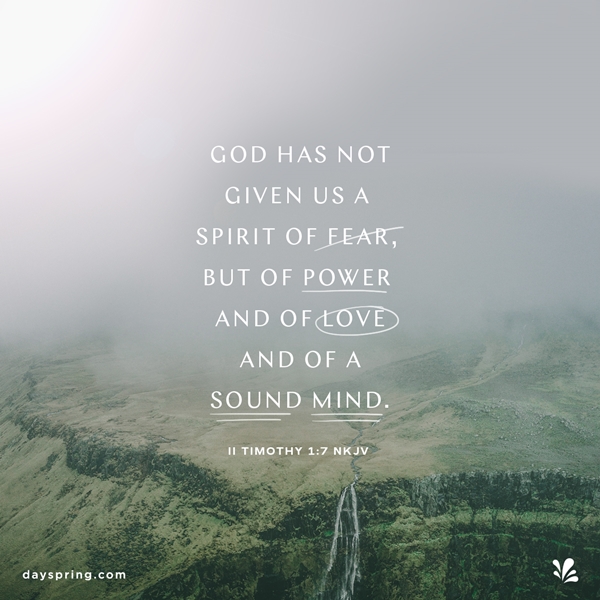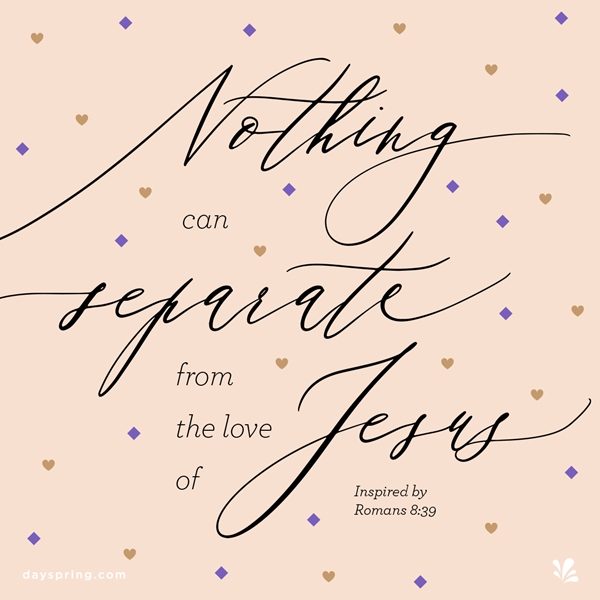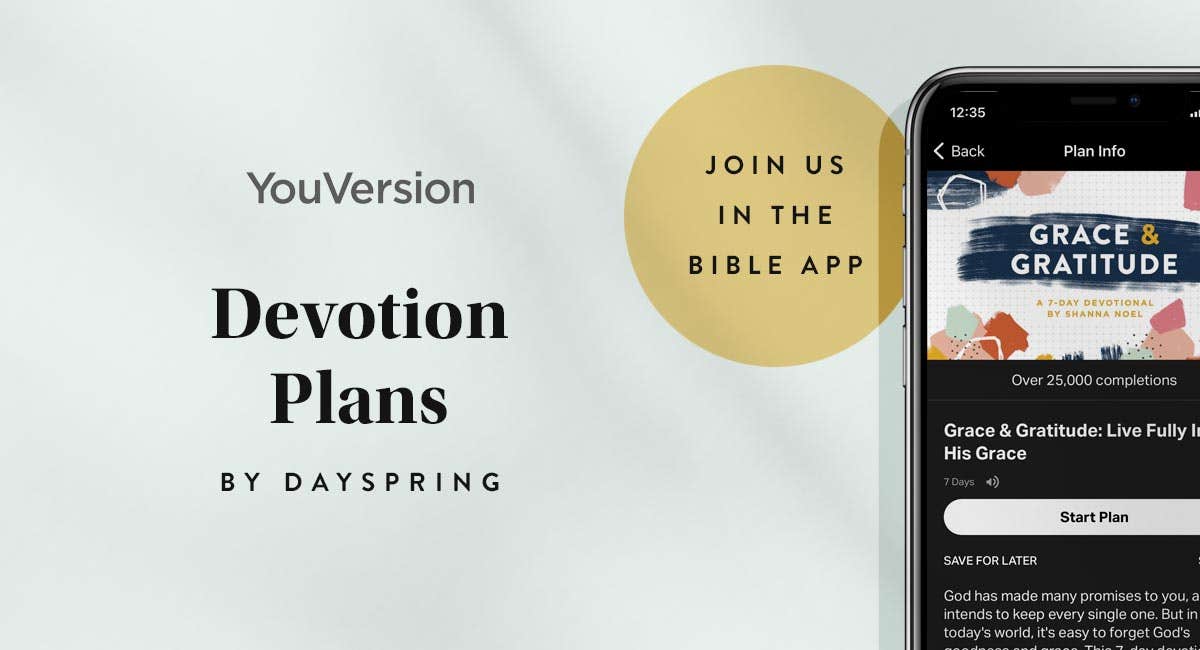Daily devotion

I’m sitting in my counselor’s office. We’re talking about the pressure I feel to be “good,” my fear of disappointing people, the cloud of guilt that often hovers over my heart.
She asks me, “When is the first time you ever felt that way?” A scene from my childhood comes back to me. I’m a little girl of six or so, standing in my backyard by the swing set. The sky is blue above, the grass green beneath my bare feet. I have a sudden thought that I’m bad and God wants to punish me. (The grown-up version of this thought sounds more like, “Something is wrong with me” or “God must be mad at me.” (Sound familiar?)
I have no idea what provoked this thought. Perhaps I smacked my little brother or pulled the dog’s tail. Maybe I snuck the last cookie or didn’t eat my broccoli. Most likely, knowing now how I’m wired, I did nothing wrong at all.
When I think of this moment, it makes me ache. I was so small to believe such a big lie. Now I am so big to still sometimes believe it. My counselor asked me to see this scene from a different perspective, to invite Jesus into it. When I do so, everything changes. My heart hears Him say that I am loved, covered in grace, that He wants me to be free.
When the session was almost done, my counselor and I looked for new words to replace the old lie I’d believed. My thinking sounded like, “I’m bad and I have to force myself to be good.” The new sentence that comes to mind is, “I’m already loved, and I am a force for good.”
It’s a subtle shift but a powerful one. So many of us have been taught to be “good girls” who try hard to meet expectations, but I believe God wants so much more for us.
Queen Esther was raised to be a “good girl.” She has no voice or choice when she’s taken from her family to join the royal harem. Her role is to please a narcissistic king who cares only for himself. Yet when her people are in danger, God empowers her to act with great courage. She finds her voice. She makes her own choice.
When Jesus visits the home of Martha, she’s busy trying to make sure she does everything right and meets the cultural expectations for women. But, as Jesus gently points out, she’s missing what matters most. Yet later when her brother Lazarus dies, “When Martha got word that Jesus was coming, she went to meet him. But Mary stayed in the house” (John 11:20 NLT). The former “good girl” feels free to be in or out of the kitchen and she’s pursuing her good God.
The Proverbs 31 woman is also often talked about as the ultimate “good girl” but when you look closer at her life, she’s really a powerful woman. She has strengths like being creative, resourceful, and business-savvy. She is respected, wise, proactive, and independent. “She is clothed with strength and dignity, and she laughs without fear of the future” (Prov. 31:25 NLT).
We try to be “good girls” because we’re afraid. We fear being bad. We fear being rejected. We fear making someone (including God) upset. What helps? “There is no fear in love. But perfect love drives out fear, because fear has to do with punishment. The one who fears is not made perfect in love” (1 John 4:18 NIV).
We think we need to be perfect to stop being afraid; what we really need is God’s perfect, healing love.
When I got home from my counseling appointment, I wrote this…
Then one day she decided
to stop being a “good girl,”
and became an unstoppable
woman who’s a force for good.
Maybe you’ve tried to be a good girl like me, and you’re ready for something new. If so, Jesus wants to set your heart free from every lie that has held you back too.
Let’s believe we’re already loved.
Let’s stop trying to be “good girls.”
Let’s be unstoppable forces for good.
Are you with me?
By Holley Gerth as originally featured on (in)courage, a DaySpring community.
Join us every day for daily hope and encouragement in your inbox! Find Scriptures, prayers, and truth from His Word to help you experience and express the life-changing message of God’s love.


